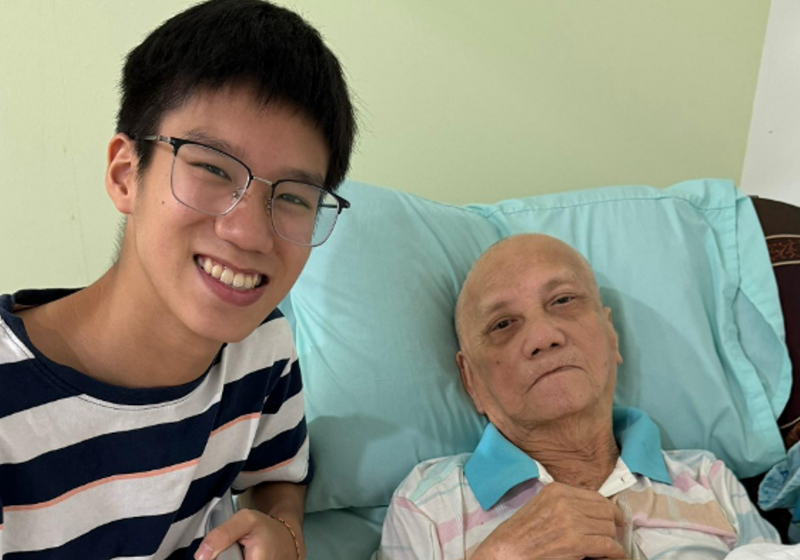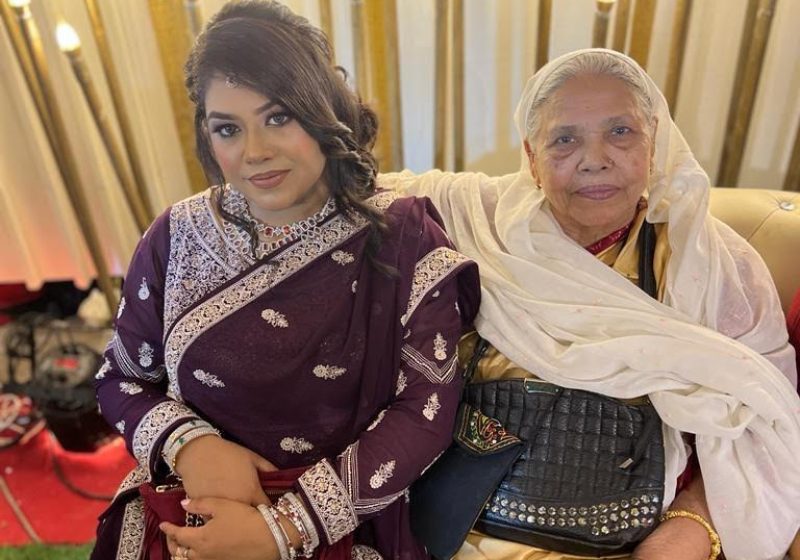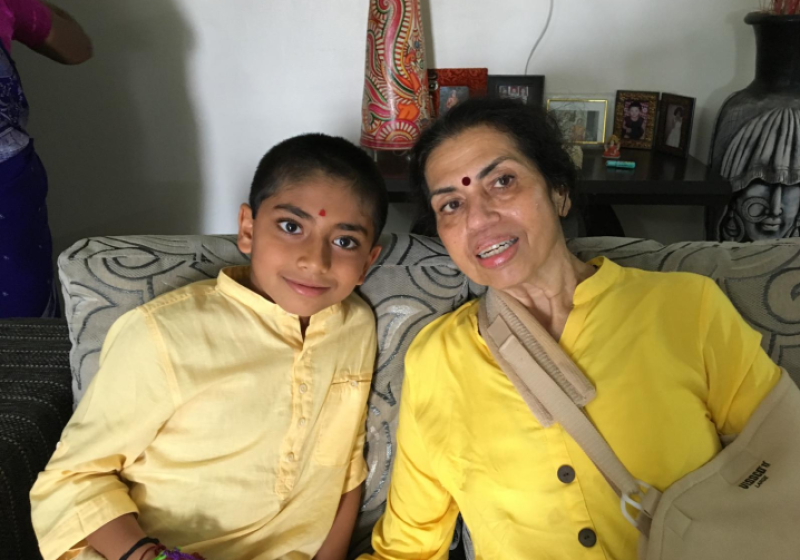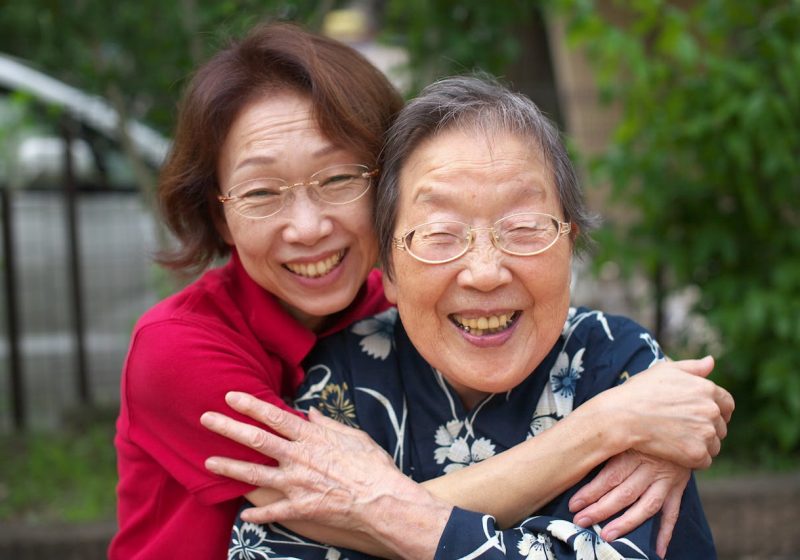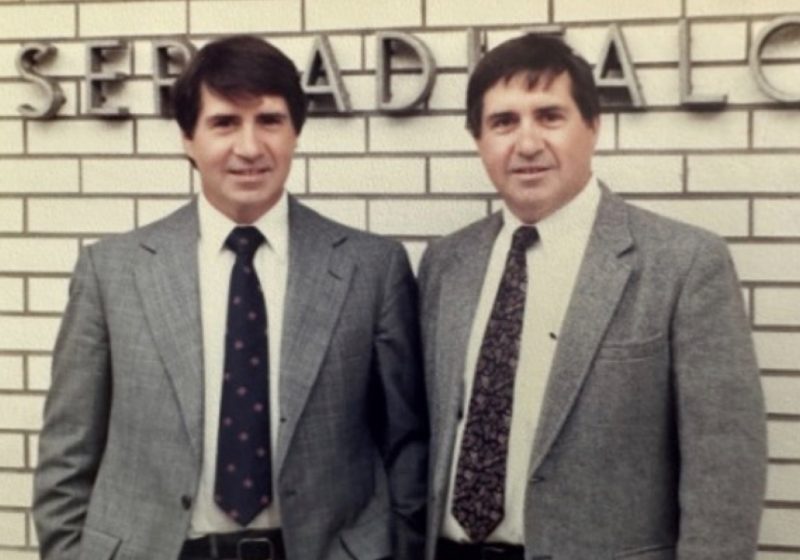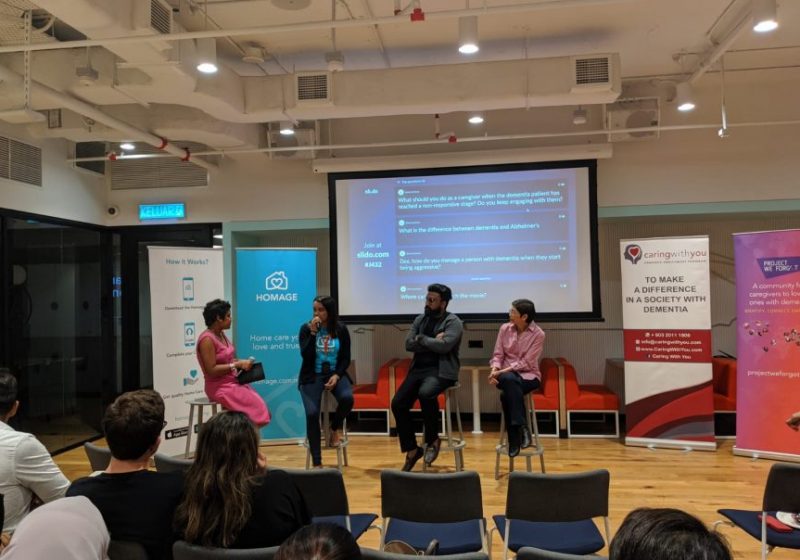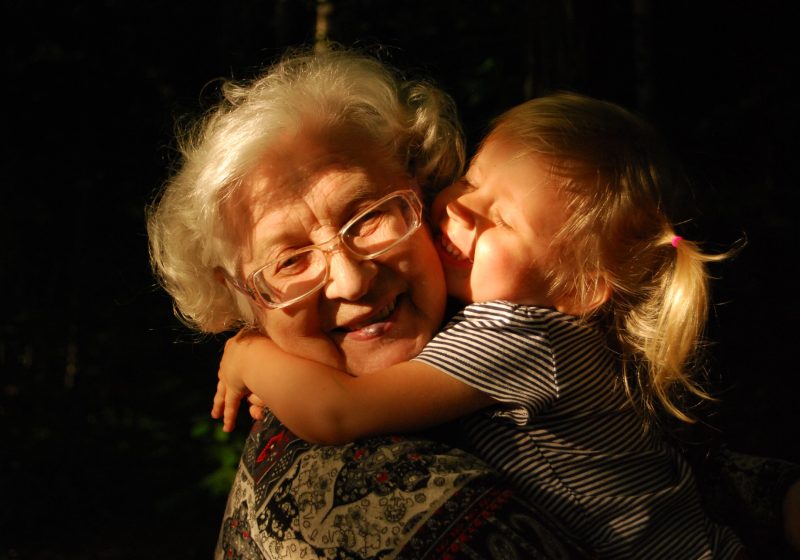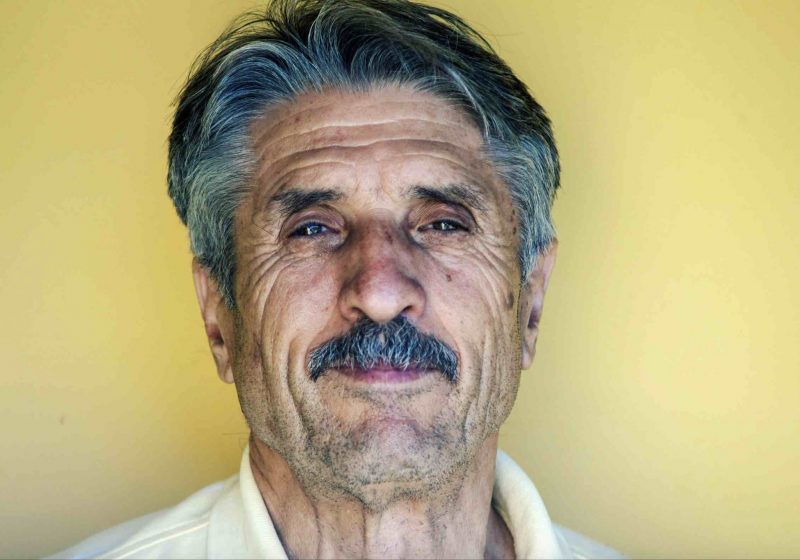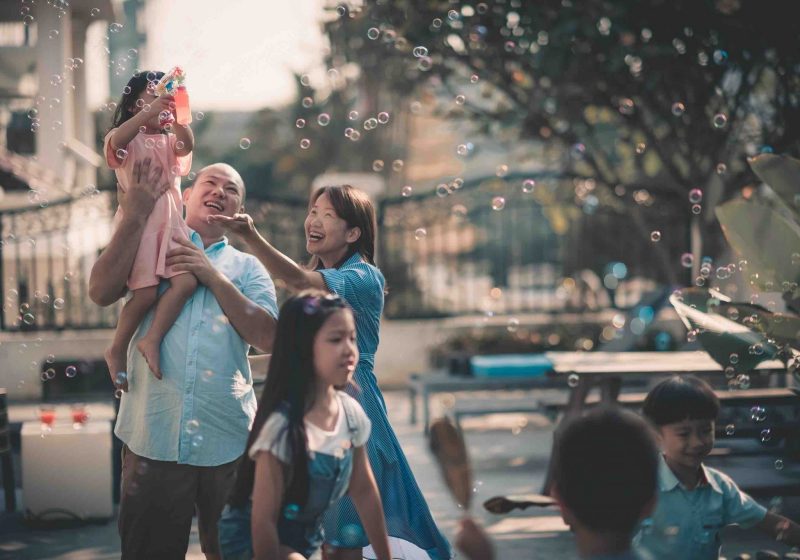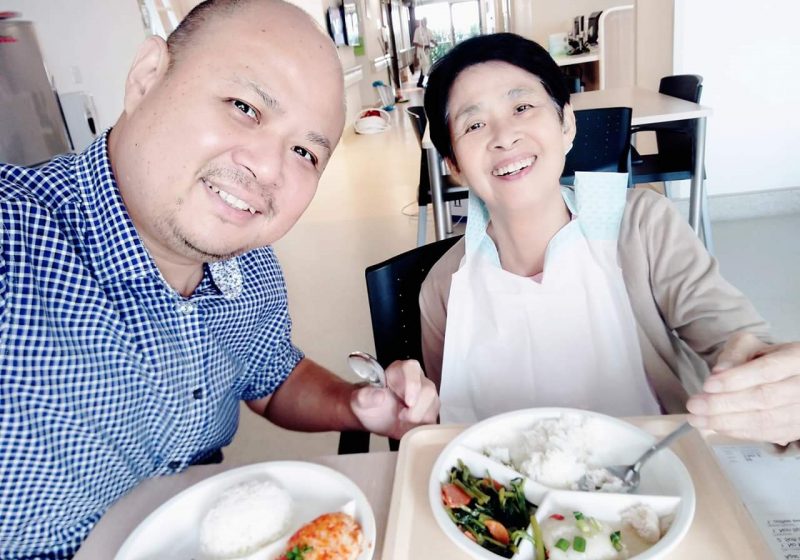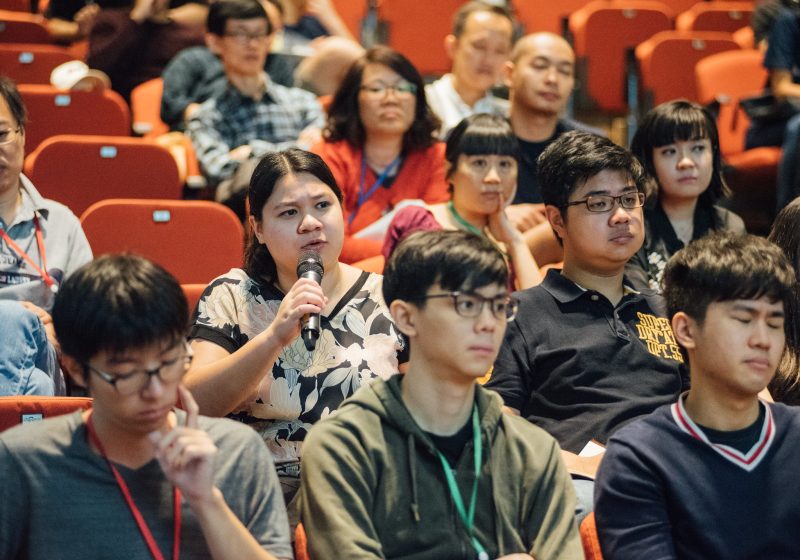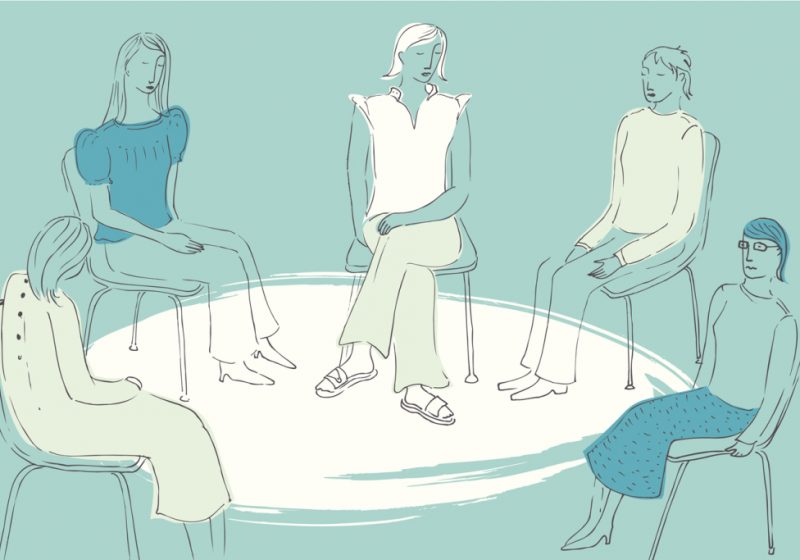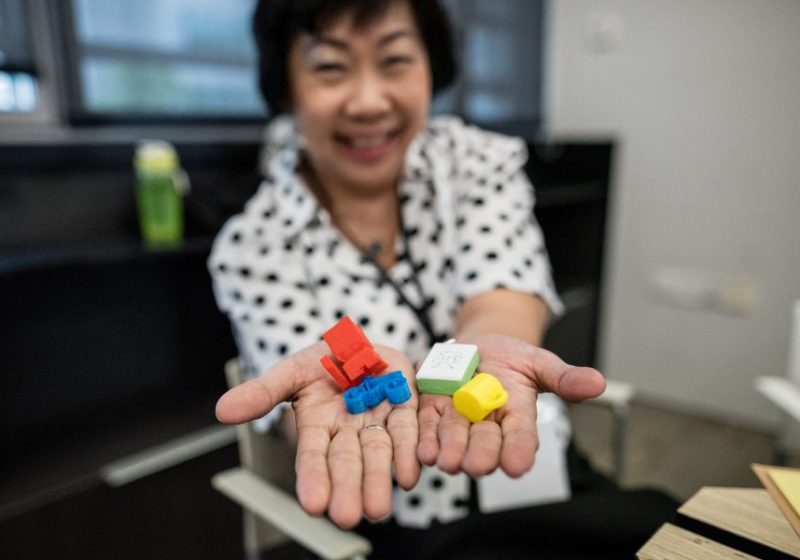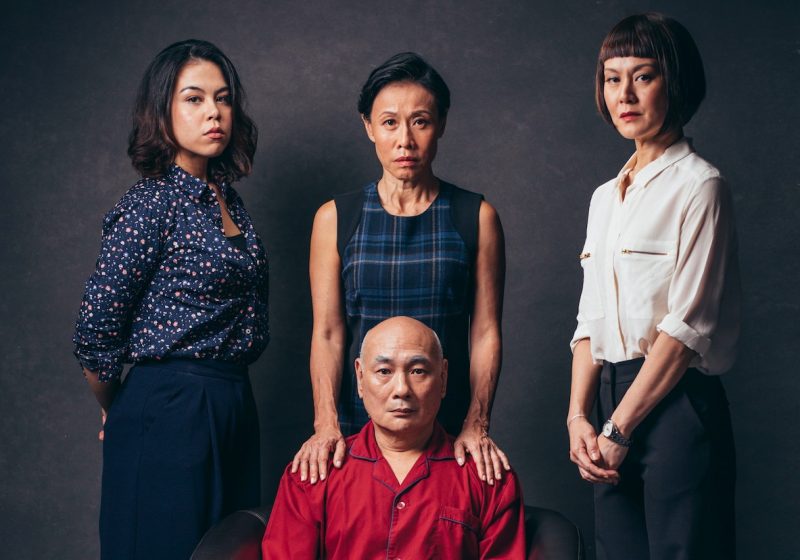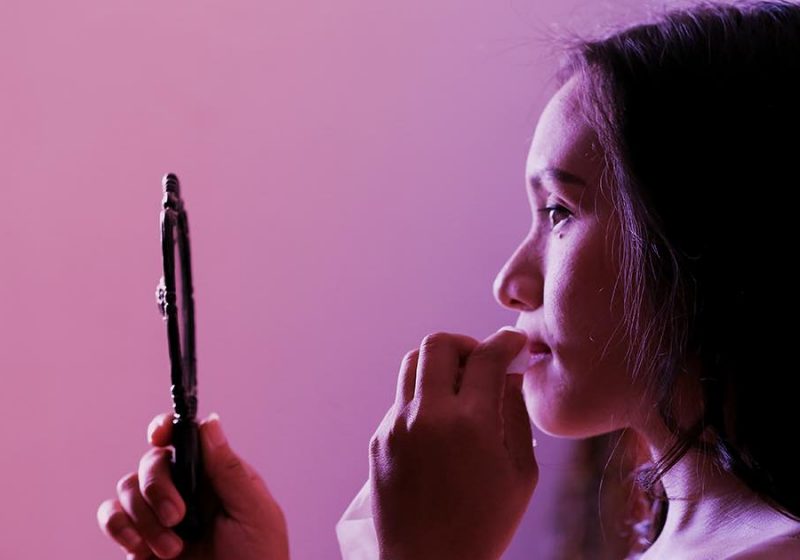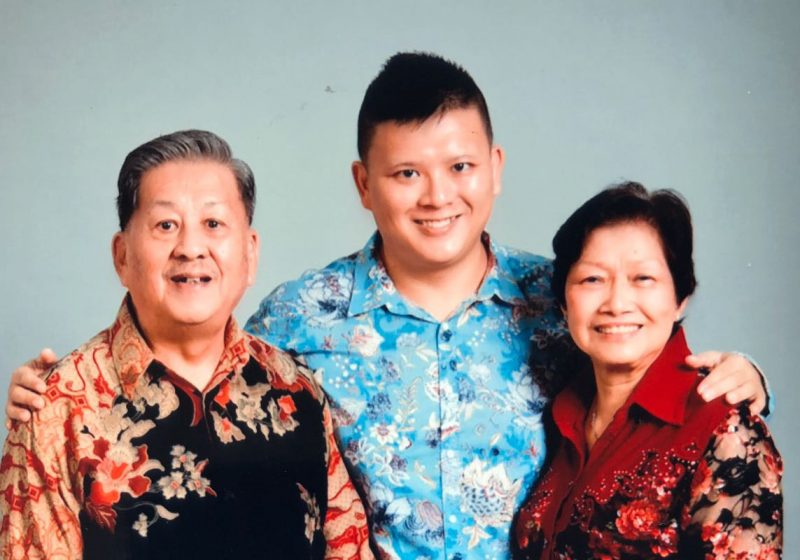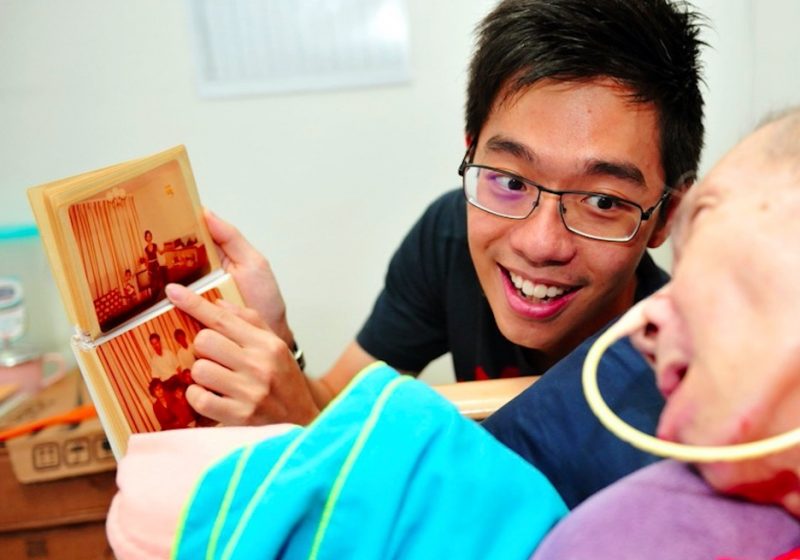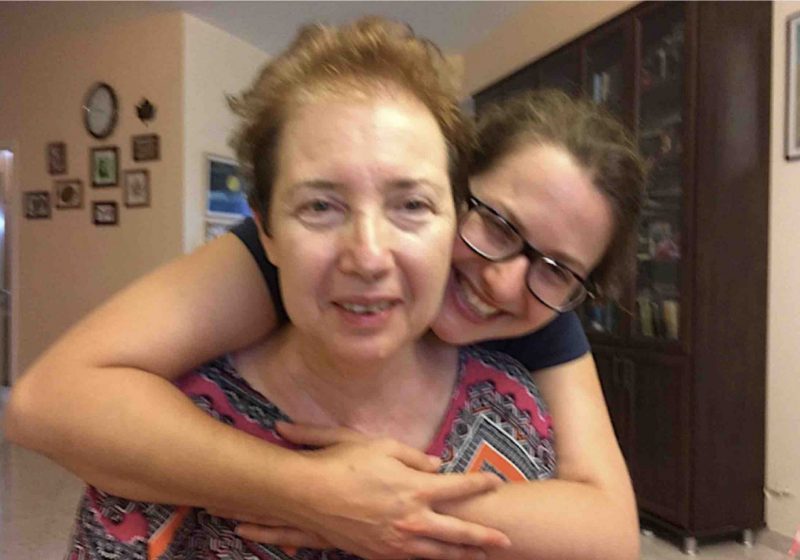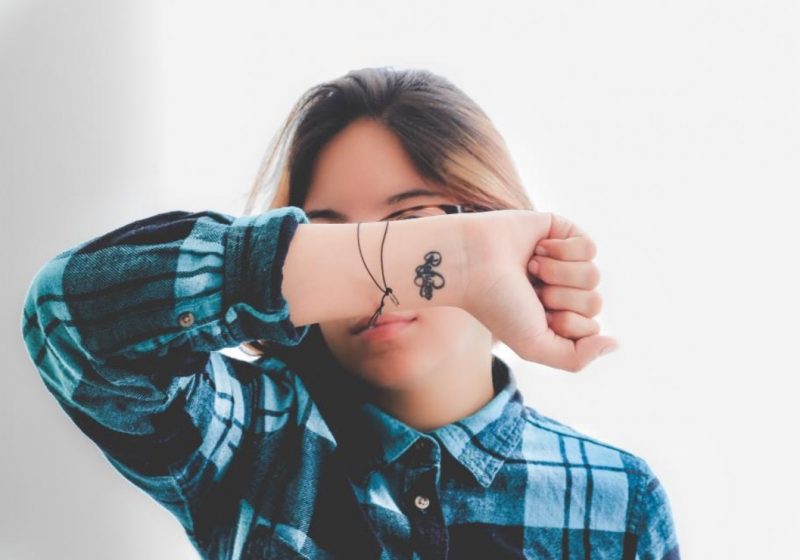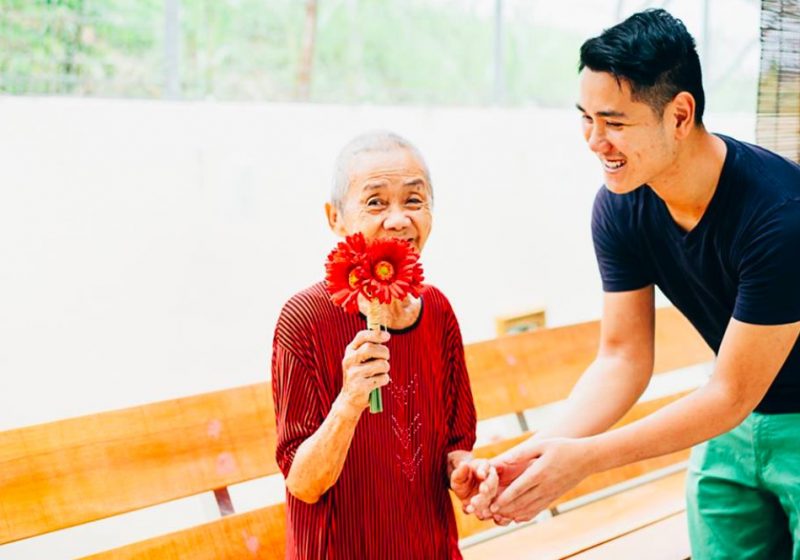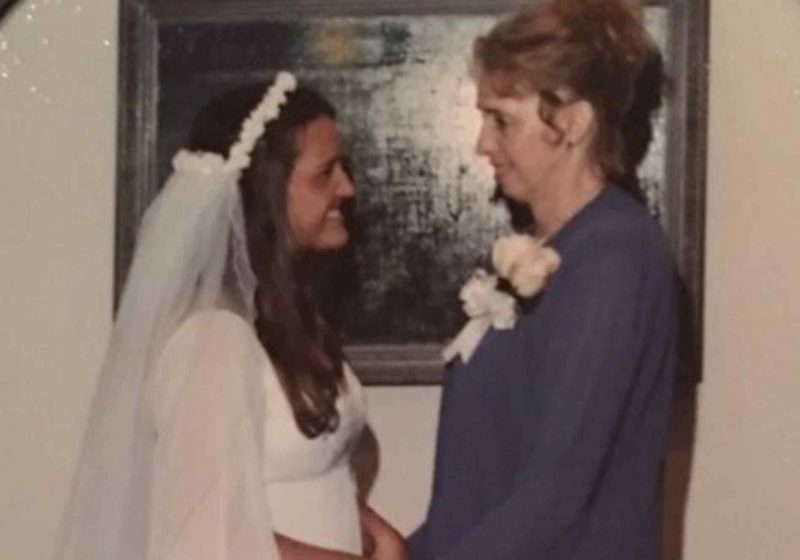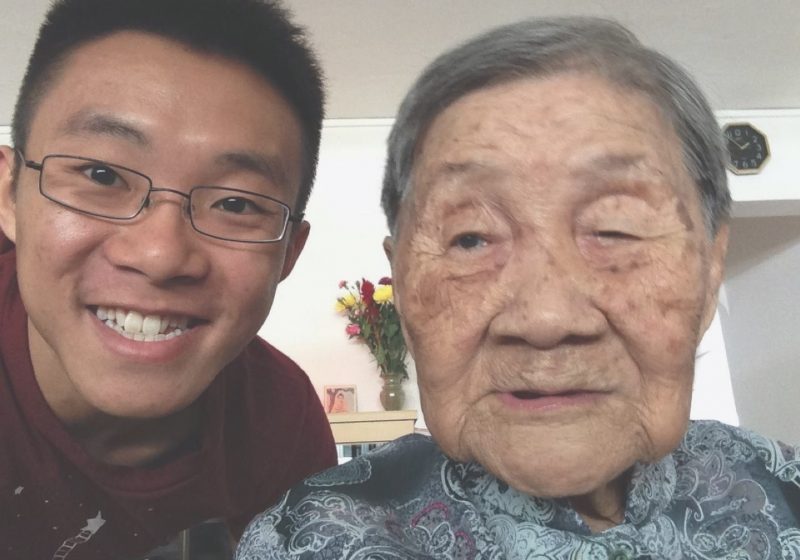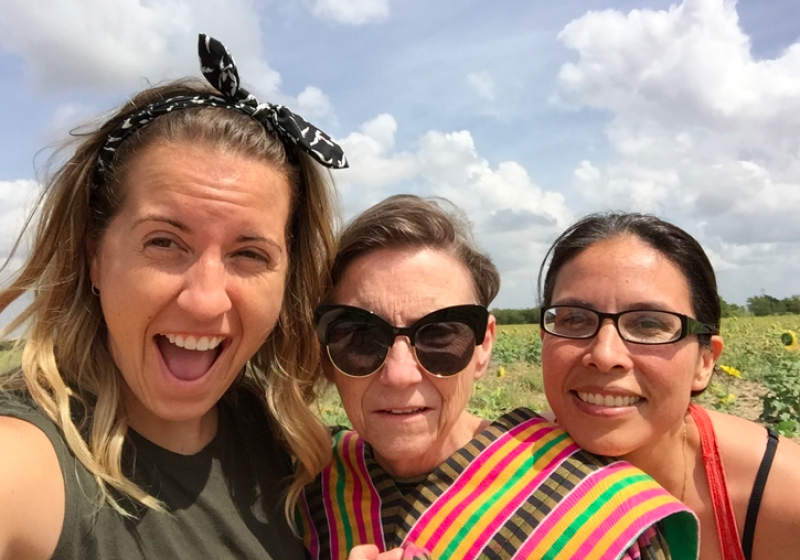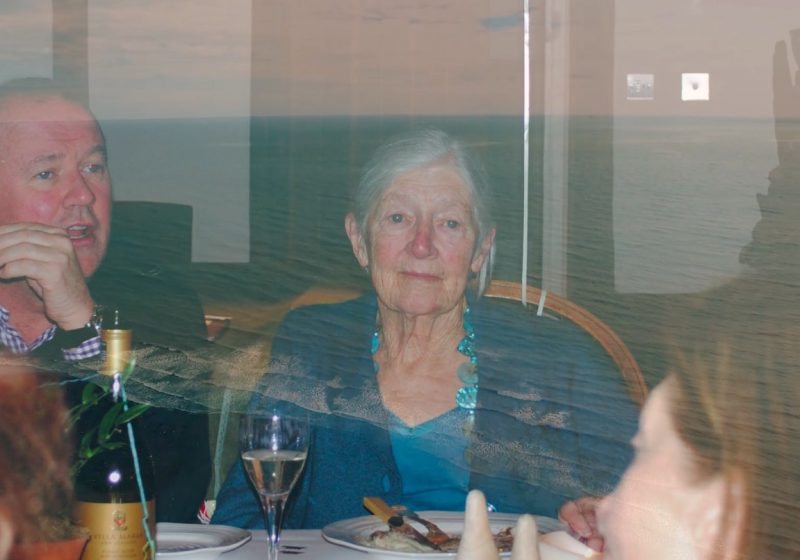Samira Ahmed provides a heartfelt account of the journey of the late Habibur Rahman, her father-in-law, and his family as they navigated the challenges of Dementia. The story captures the emotional struggles, the bond within the family, and the societal dynamics surrounding caregiving, especially in Bangladesh.
By Aaliya Syeda

Remembering baba for the man he was
In 1994, the Late Habibur Rahman from Bangladesh set off on a UN mission to Cambodia to help restore peace and security amidst an unstable political climate. He was an honest and respectable police officer, deriving his strength from an unwavering faith in Allah, the superior power he believed in, that guided him every step of the way. Nearly two decades later, when he was diagnosed with both Alzheimer’s and dementia, this faith is what kept him strong and perhaps even bestowed him with the greatest gift of all: the gift of family.
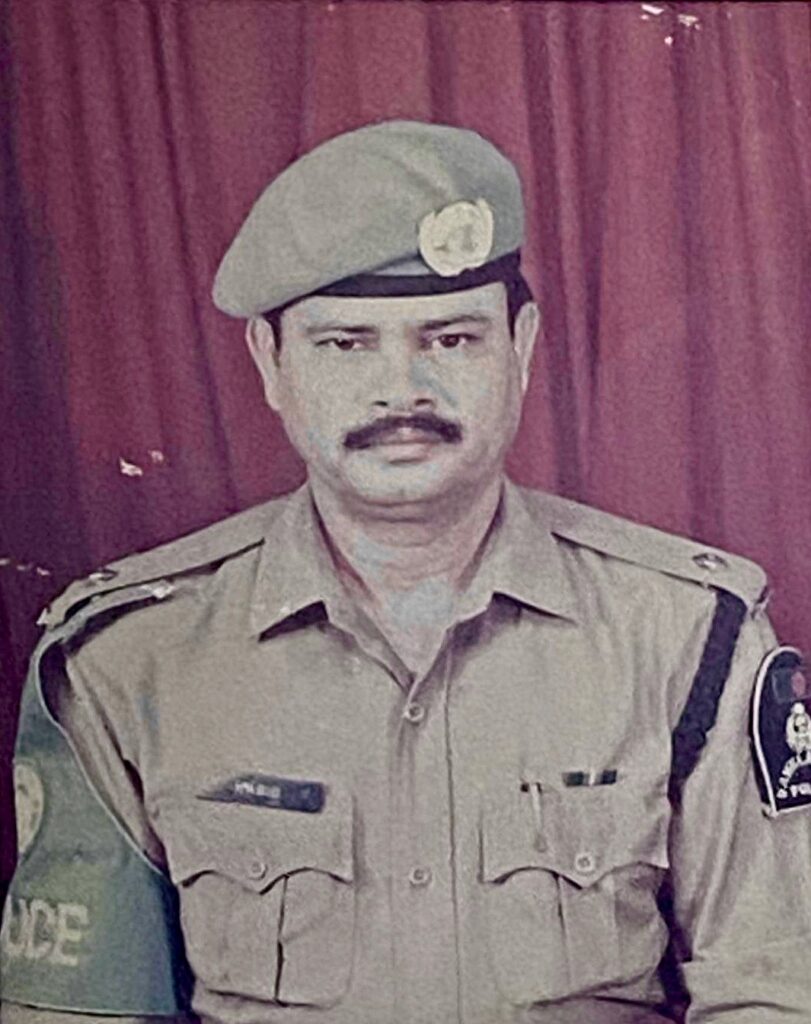
10 years later, his daughter-in-law Samira Ahmed goes on to reminisce about his life and the journey their family embarked upon as she watched her greatest role model be defeated by a disease which they knew nothing of. “If I were to describe my father-in-law in one sentence, I would say he is the best male figure in my life, and I actually put him above my own father because that is how much I looked up to him as a person.”
Samira had previously known Mr. Rahman as her friend’s father, long before she decided to marry that friend in 2005. She fondly recalls her oldest memories of her father-in-law saying “I’ve seen baba in various roles in my life and he was actually one of the reasons I decided to join this family in the first place, and I never regretted that.”
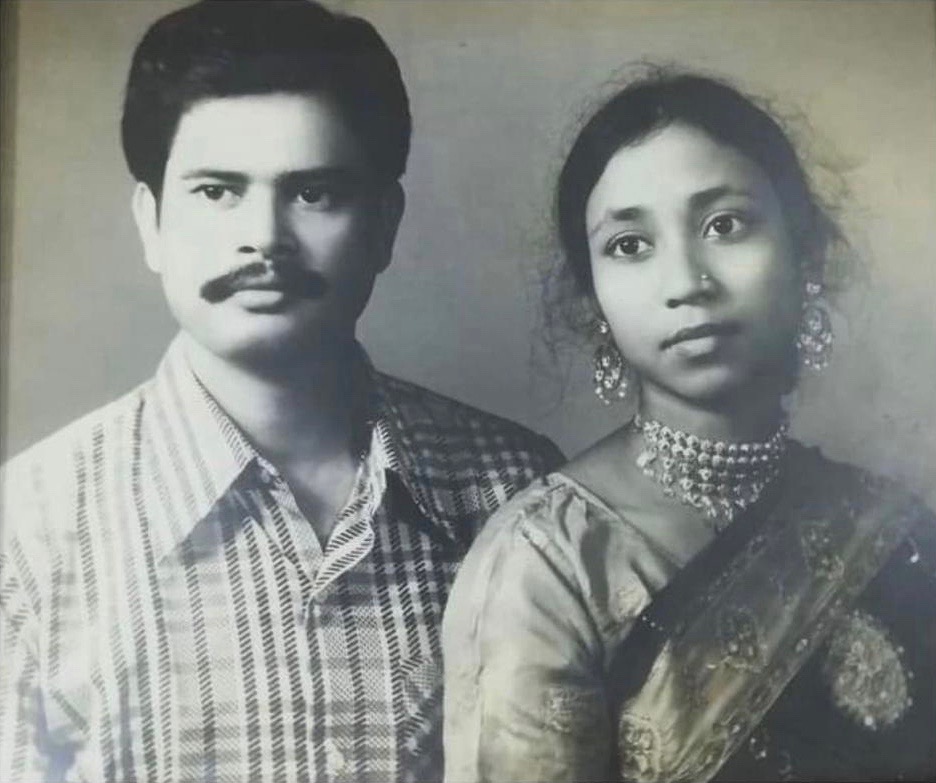
Looking back, she remembers the way he had treated those around him– how he empathized with strangers and reflected upon his words after every conversation. As someone who was once a young boy, abandoned by his own father, Rahman believed his behavior towards others was what determined the kind of person he grew to be. He was raised by his mother at a time when being a single mother was very uncommon and challenging in Bangladesh. “Perhaps this is why he was always so critical of himself – constantly asking whether he was doing the right thing for everyone and caring very deeply about how he came across to other people.”
Getting diagnosed with Alzheimer’s
Rahman had been diabetic from a very early age. Being genetically predisposed to diabetes, Samira recalls his doctor warning them that his prognosis might eventually lead to Alzheimer’s. So when he started exhibiting symptoms such as tremors, involuntary spasms and reduced motor skills, Samira and her family knew they needed to take him to a doctor to understand what was happening.
I had never seen any Alzheimer’s or dementia patient before in my life. I thought he would be okay if he took the medication or did the therapies that were suggested by his doctor, but I never realized that this isn’t like any other illness – that eventually it doesn’t get cured.
Caring for baba
As a breast cancer survivor herself, Samira had always been cautious and meticulous about her health and of those around her. Like her father-in-law, she too was guided by her faith in the divine direction and it led to her overcoming her diagnosis at the end. However, when it came to her baba, she felt helpless watching his condition slowly deteriorate and not being able to help much. The doctors never explained his condition to me one-on-one, she explains, they never focused on helping the family members understand this disease. Likewise, we never thought to research this for ourselves – we were just putting our trust in the medication they prescribed. There were no support groups or counseling services to prepare us for what was to come.
Caregiving is a very important job and I think we, as a society, are not able to give the right kind of value and credit to the person who is doing this.
Samira’s mother-in-law was the primary caregiver. Standing by her husband’s side all along, she would take him to doctor appointments, handle the house affairs and maintain his routine. Having witnessed all this, Samira reflects on her mother-in-law’s responsibilities at the time.
Caregiving is a very important job and I think we, as a society, are not able to give the right kind of value and credit to the person who is doing this. We only care for the patient but fail to recognize what the caregiver is going through and that they also need a lot of care themselves. I realized this long after this episode was over for us, and I looked back at it thinking maybe I could have done something different to help my mother-in-law deal with it herself.
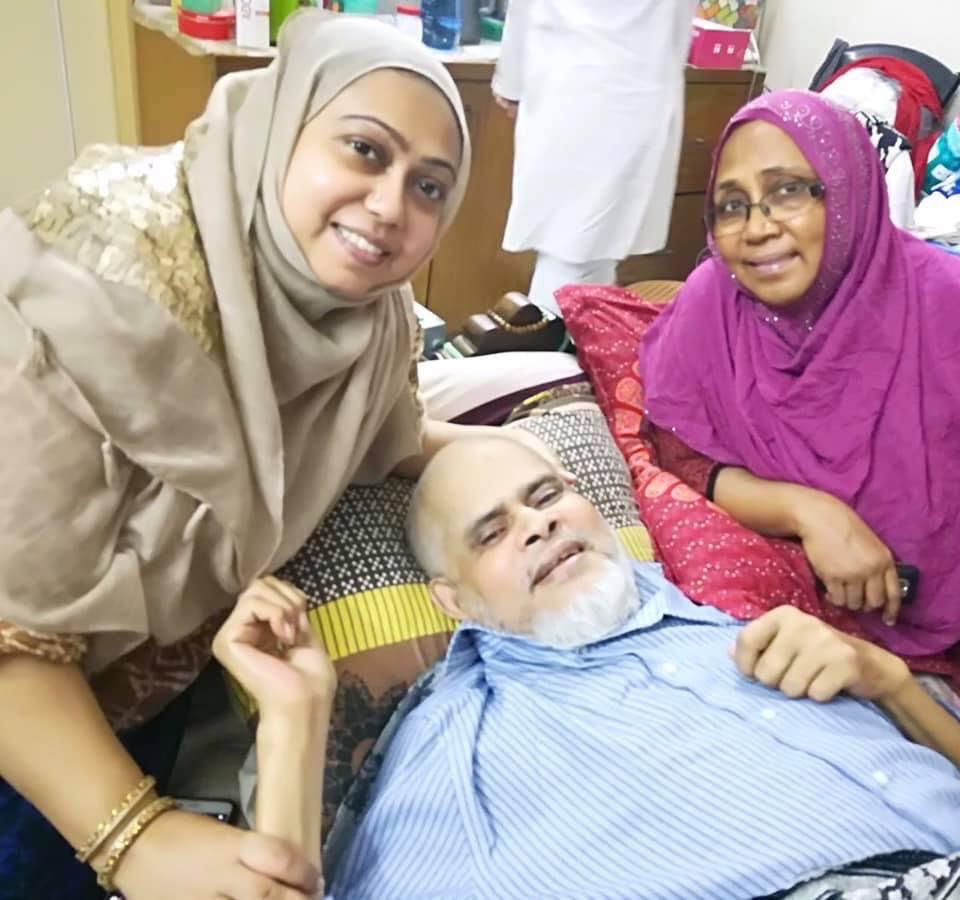
Baba’s progression with Dementia
In the first few years of his diagnosis, Samira’s father-in-law could still move around independently with a stick and would cooperate with his physiotherapist to preserve his mobility. His consciousness would come and go – some days, he would start talking just as he would in the old days, and it would be as if nothing had changed.
I could see how hard he tried not to lose himself, especially in front of me or my kids, but in front of my husband and mother-in-law, he would not put that effort in anymore. Sometimes, he would act like a kid and pinch my mother-in-law when he thought no one was watching.
It was heartbreaking to see such a sensible man, who was always so put together and mindful about his demeanour, lose himself in this way.
Over time, he began to withdraw from his prescribed exercises, becoming more and more reclusive and reluctant to engage with others. His lethargy worsened daily, causing his meals to become a problem as his appetite went down the hill. Despite having two male helpers to assist him, they couldn’t help him with his meals. My husband, Mahboob, was the only one who could get him to eat then. He would thus feed him breakfast every day before leaving for the office and return home early to feed him dinner. I would occasionally feed him too, but some days he would eat and some days, he just wouldn’t.
Samira recalls the last one to two years of his life being in bed, letting the days pass by and requiring 24/7 support. He could no longer walk nor go to the bathroom as he eventually developed bladder and bowel incontinence.
It was heartbreaking to see such a sensible man, who was always so put together and mindful about his demeanour, lose himself in this way.
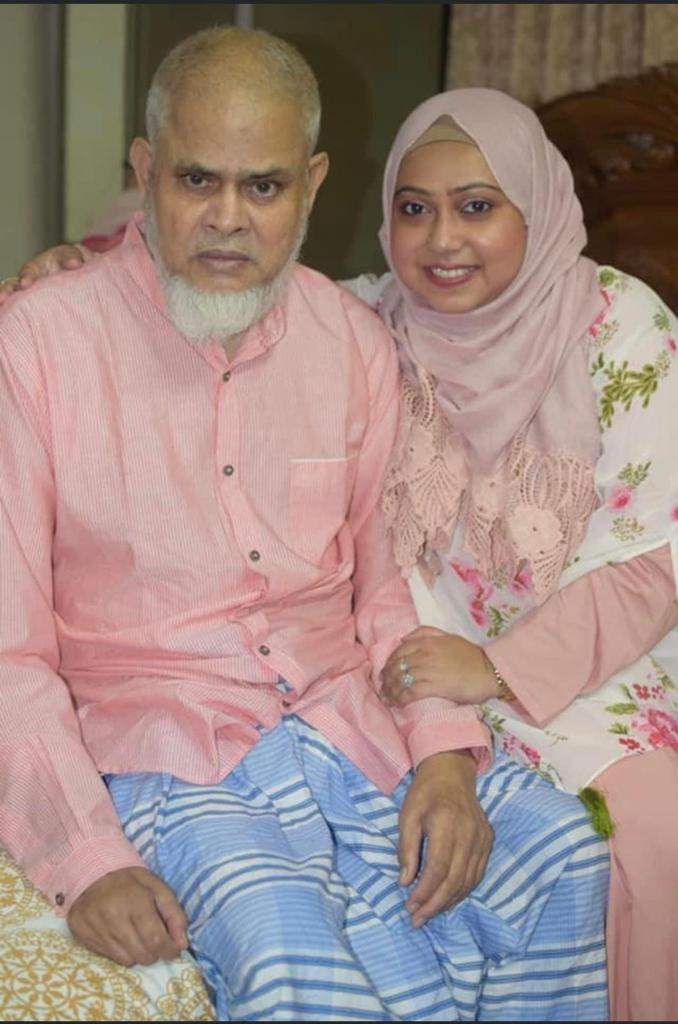
Some bonds never break – Baba and his grandchildren
Regardless of a life-altering diagnosis and watching her baba fade before her eyes, Samira’s respect and affection for him never once faltered. In fact, there were times when her admiration grew even deeper as she witnessed his love for her kids, especially her son Sami, who was his first grandson. He would instantly liven up seeing them, and it would be really touching to see.
We never took the time to explain to our kids about their dada’s condition. Looking back at it now, I don’t think we handled this matter as sensitively as possible. The kids probably thought that they used to have a very affectionate dada at one point and that he was suddenly no longer there. I don’t think they understood that he wasn’t there because he couldn’t be there, no matter how hard he tried.
However, she later realized that it had never mattered to the kids whether or not their dada was present. My daughter was extremely sad after he died, and I realized that nothing can emulate the innate affection between a grandparent and a grandchild. No one can replace that bond.
Glimpses of joy in our journey
She also knew her baba as a great singer back in the day, so she would often play his favourite songs for him – remembering them even today to have been “O Nadire Ekti Katha” by Hemant Kumar and other Jaganmoy Mitra songs.
As someone with a full-time job, the first thing Samira did after returning home from work was go to her baba and tell him about her day. She would tell him various kinds of stories about her colleagues to give him a glimpse of the outside world and a life beyond his own. She also knew her baba as a great singer back in the day, so she would often play his favourite songs for him – remembering them even today to have been “O Nadire Ekti Katha” by Hemant Kumar and other Jaganmoy Mitra songs. I noticed that music was the only thing that he seemed to enjoy even in his absent state of mind, she reminisced.
The day Baba died, my husband Mahboob and I spent the entire night listening to his favourite songs. Neither of us could sleep, and we didn’t talk either – we just sat there in silence and listened to Baba’s favourite songs.
The power of stories like mine
When asked about her story, Samira knew she had to share it. Not only is it a homage to her father-in-law and his journey with dementia, but it is also a window to millions of similar stories in Bangladesh – that people still think to keep closed from the public eye. Samira not only recognizes the importance of having such conversations outside of our homes but also the danger of there not being any. She expresses how the burden of caregiving typically falls upon women in Bangladesh society and how they are expected to care for the ill by staying home and tending to them. Caregiving is a taxing job, and we often forget about the people who sacrifice so much to do so.
Despite being so educated, even I had failed to get out of that mindset and realize that even my mother-in-law needed our care and attention, perhaps even more than my father-in-law. Till now, we keep this experience at the back of our minds, and it just stayed there without being revisited or reflected upon. We never tried to understand or learn anything from it – I don’t know why. No one said anything, and it went from being unspoken to unspeakable.
Samira hopes that in her story lies a lesson and inspiration for all. The time is now to begin conversations about dementia in our communities in Bangladesh.


